This raises serious concerns about school food safety.
In early July, more than 200 children at Peixin Kindergarten in Gansu Province, China, showed signs of food poisoning. According to a statement from a joint investigation team in Tianshui City, of the 251 students tested, 233 had blood lead levels that exceeded the safety limit.
Two dishes served at the school, including date cake and corn sausage rolls, were found to contain lead levels of 1,052 and 1,340 mg/kg, respectively, more than 2,000 times the national safety limit of 0.5 mg/kg.
Investigators said the cause was that kitchen staff used industrial pigments, intended for use in paints and handicrafts, to give food an attractive color. These substances were purchased online and clearly labeled as not for consumption. The purchase and use of these materials were approved by the Principal and the School Board of Management, although neither of them tested them for safety.
The first signs of trouble appeared in mid-June, when a parent noticed that her child had gray hair and a poor appetite. Tests showed abnormally high levels of lead in his blood. Several other children reported similar symptoms.
Lead poisoning in young children can cause abdominal pain, vomiting, anemia and hyperactivity. In severe cases, it can lead to seizures, coma and permanent nerve damage, according to Chinese health authorities.
Not only students, some teachers at the school were also found to have high blood lead levels. They shared that they often ate with children at school, thereby strengthening suspicions about the origin of the incident.
At present, the authorities have arrested the principal, the investor and six related individuals. More than 10 medical experts from Gansu and Shaanxi have been mobilized to develop a special treatment plan, including lead chelation therapy. Two national-level experts have also been sent to Xi'an to ensure stable treatment procedures and drug supply.
Meanwhile, meals at three other kindergartens in the same system are being inspected, although no contamination has been found.
The Peixin Kindergarten scandal is a stark reminder of the flaws in China’s school food management system. Even though private schools like Peixin charge tuition fees of more than 10,000 yuan a year, lax food supervision still has serious consequences.
News of the incident spread quickly on Weibo, attracting widespread public attention and outrage. Many condemned the negligence and lack of conscience in ensuring the safety of children. Many also said that criminal prosecution was only the beginning and that fundamental reforms were needed in the food inspection process, licensing, and supervision of private educational institutions.
Source: https://giaoducthoidai.vn/tre-mau-giao-trung-quoc-ngo-doc-chi-post742165.html


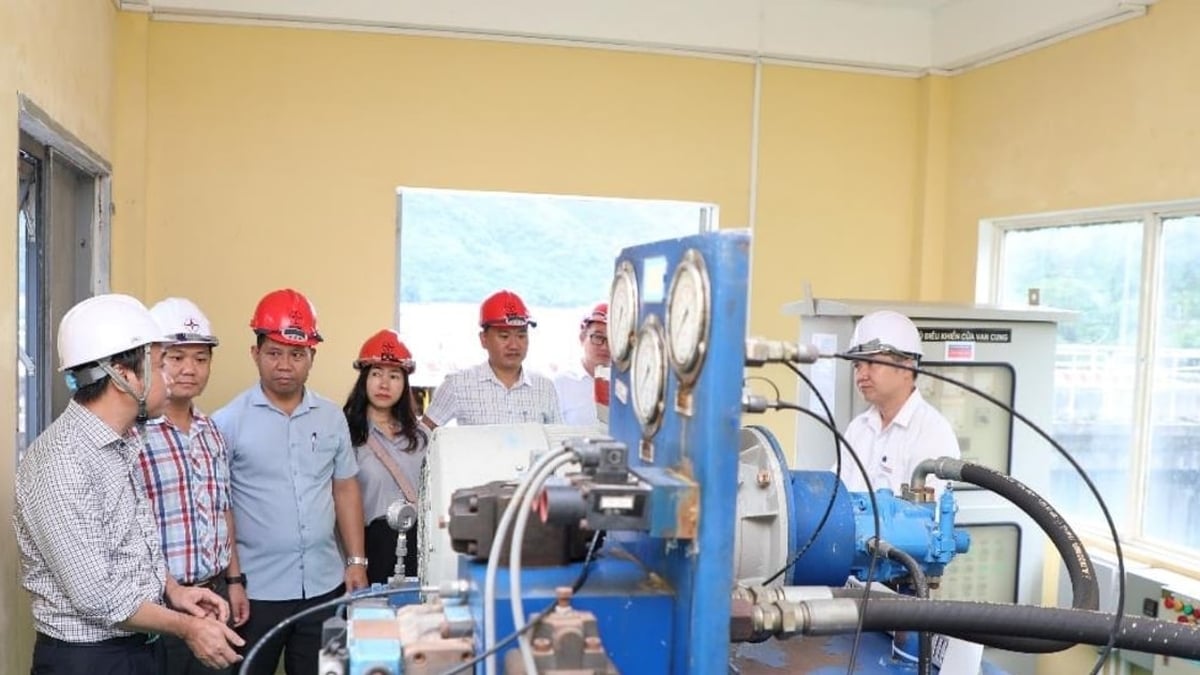
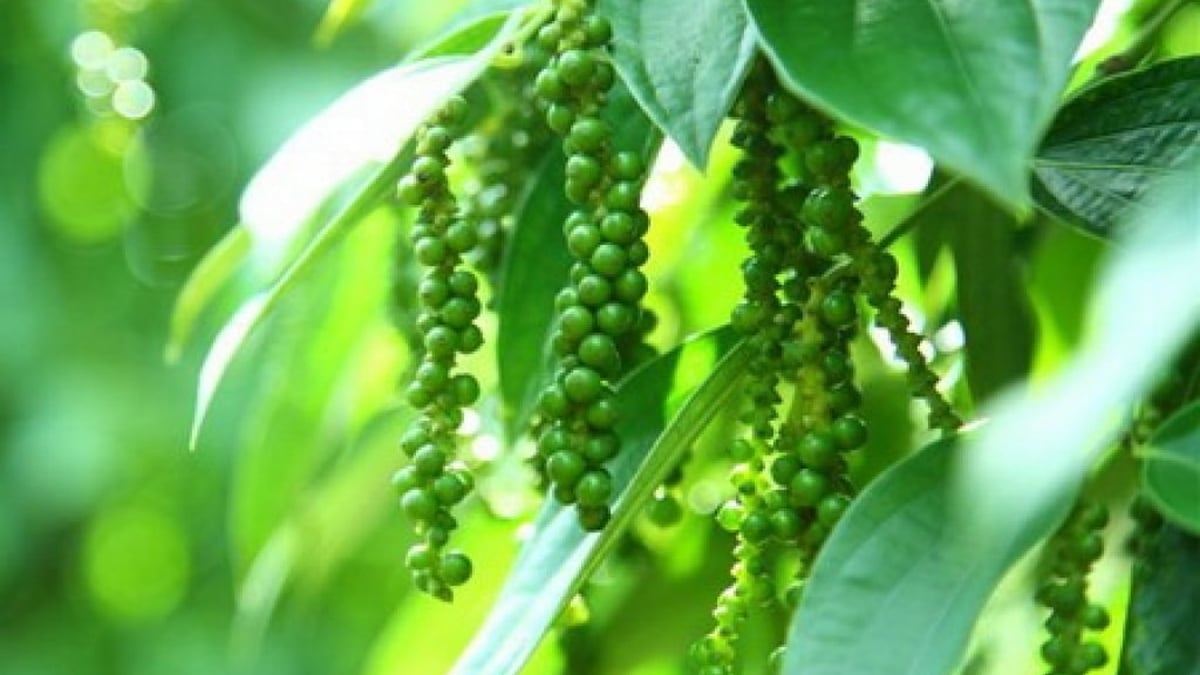
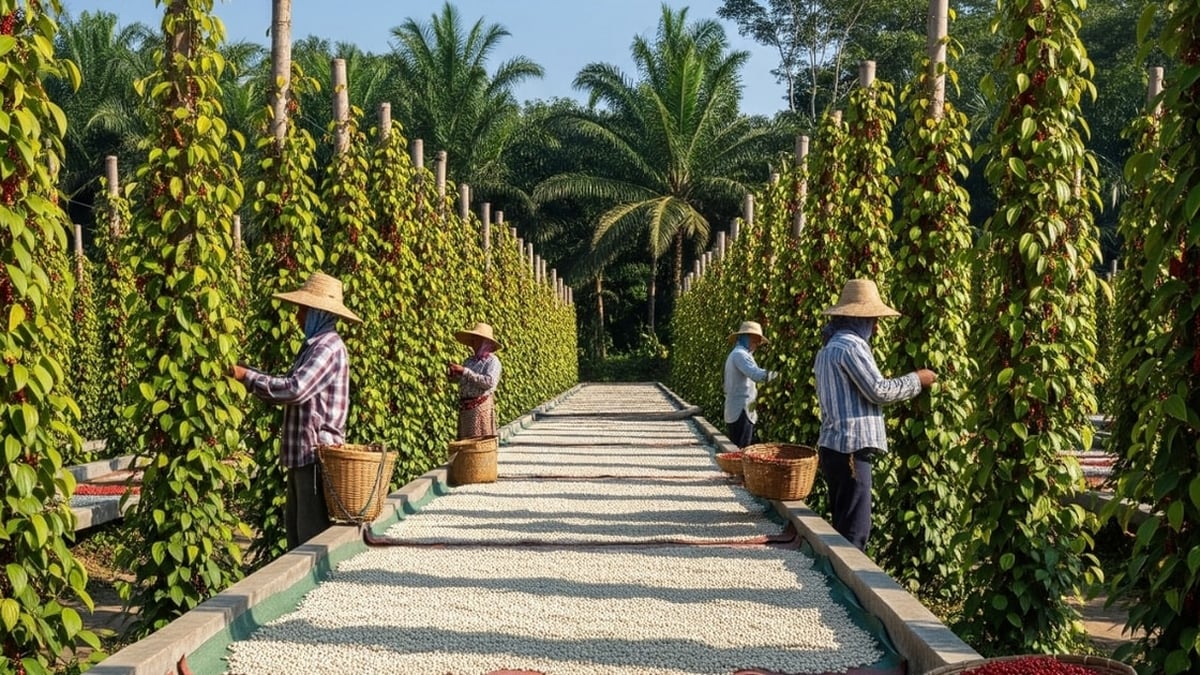
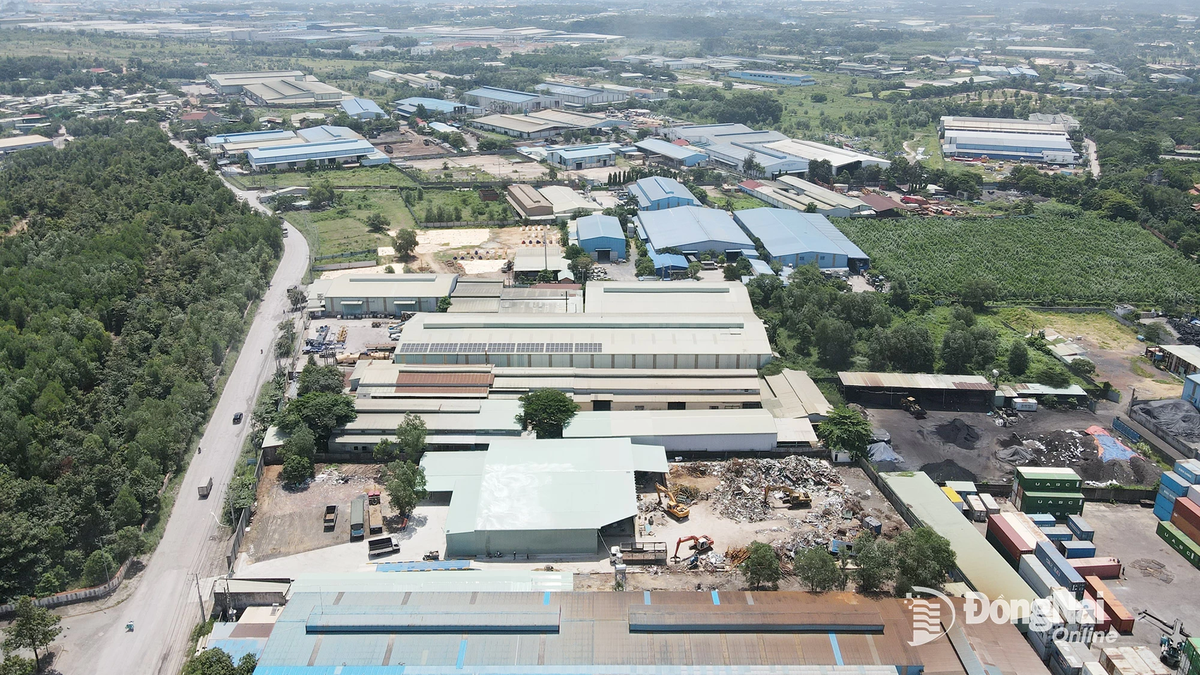
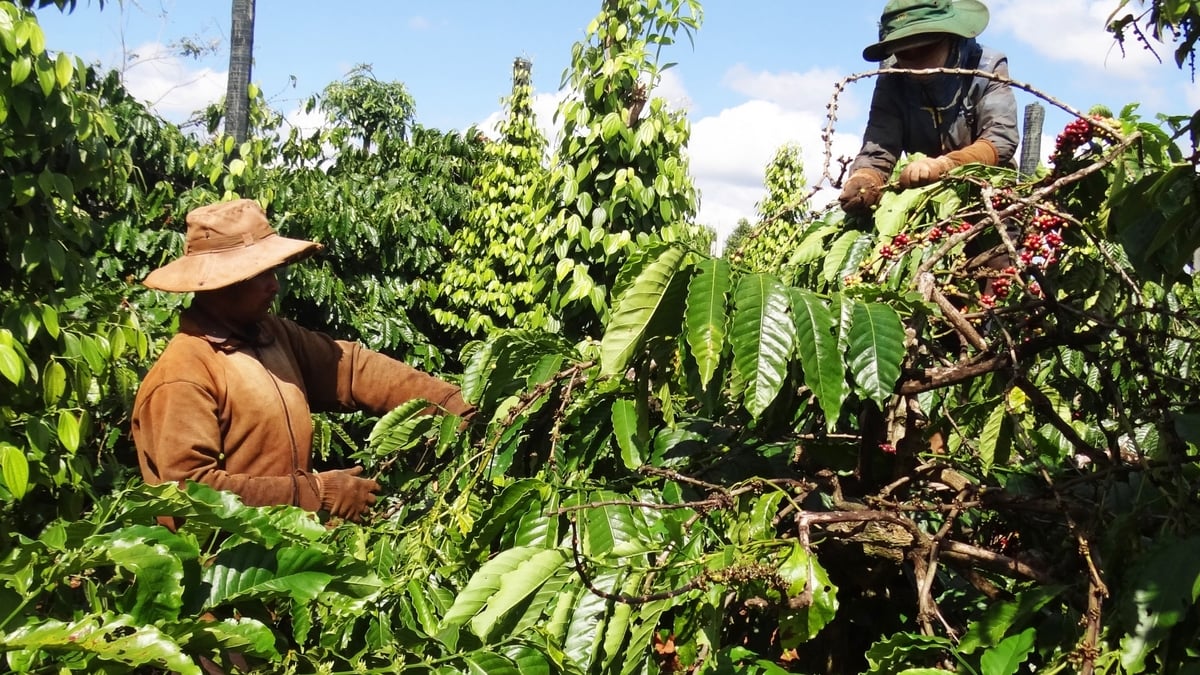















































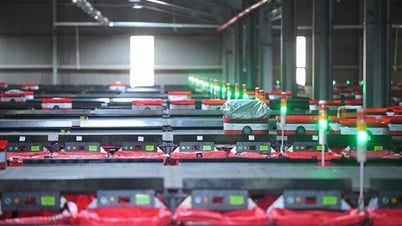





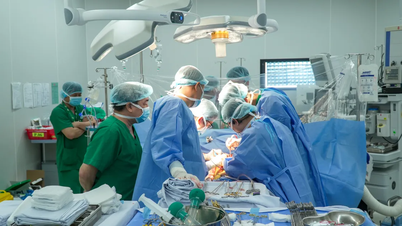



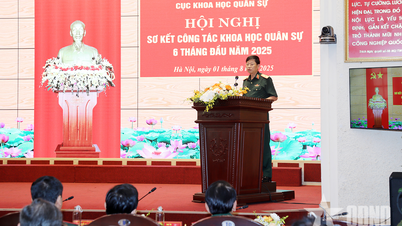



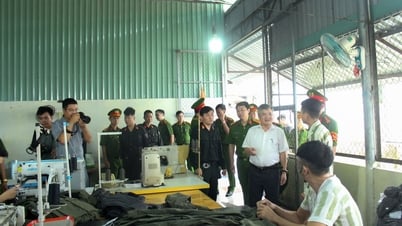


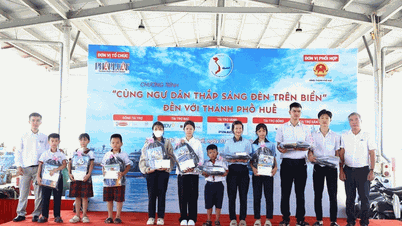































Comment (0)